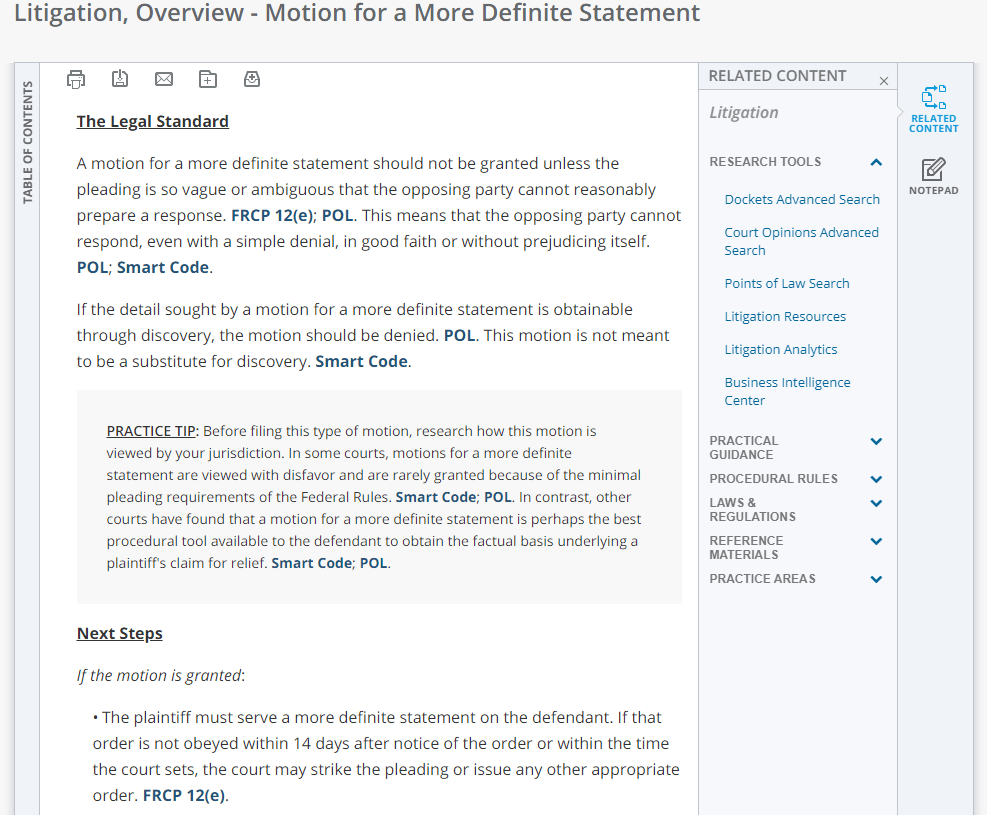
Navigating Legal Boundaries: Antitrust Law Compliance Tips
Antitrust laws are designed to promote fair competition and prevent anti-competitive practices in the marketplace. In this article, we explore essential tips for businesses to ensure compliance with antitrust laws, safeguarding against legal challenges and fostering a competitive environment.
Understanding Antitrust Laws: A Foundation for Compliance
Compliance with antitrust laws begins with a clear understanding of the legal framework. Antitrust laws aim to prevent practices such as price fixing, market allocation, and monopolistic behavior. Businesses must familiarize themselves with relevant statutes, including the Sherman Act and the Clayton Act, to ensure adherence to legal boundaries.
Implementing Robust Compliance Programs
Effective antitrust compliance requires the implementation of robust programs within organizations. This involves creating internal policies and procedures that guide employees on antitrust laws, promoting ethical business practices. Regular training sessions and updates are essential to keep staff informed about compliance expectations.
Avoiding Price Fixing and Collusion
One of the fundamental principles of antitrust laws is the prohibition of price fixing and collusion among competitors. Businesses must avoid engaging in agreements with competitors to set prices or limit competition. Awareness of these antitrust red flags is crucial to prevent legal repercussions.
Market Allocation and Bid Rigging: Prohibited Practices
Antitrust laws also prohibit market allocation and bid rigging, which involve dividing markets among competitors or manipulating bidding processes. Businesses must steer clear of any activities that undermine free and open competition. Implementing transparent business practices ensures compliance with these antitrust provisions.
Monopoly Concerns: Balancing Success and Legal Compliance
While achieving market dominance is not illegal, using monopoly power to stifle competition is a violation of antitrust laws. Businesses should be mindful of their market share and refrain from engaging in exclusionary practices that harm competitors. Striking a balance between success and fair competition is key to compliance.
Navigating Mergers and Acquisitions: Antitrust Considerations
Antitrust compliance becomes particularly critical during mergers and acquisitions. Businesses involved in such transactions must assess potential antitrust implications. Conducting thorough antitrust due diligence and seeking legal advice can help identify and address issues before they become legal challenges.
International Considerations: Antitrust Compliance in Global Markets
For businesses operating in international markets, navigating antitrust compliance requires an understanding of global antitrust laws. Different jurisdictions may have varying regulations, and businesses must ensure compliance with both domestic and international antitrust provisions.
Whistleblower Protections: Encouraging Internal Reporting
Encouraging internal reporting of potential antitrust violations is a vital aspect of compliance. Establishing whistleblower protection mechanisms provides employees with a safe avenue to report concerns without fear of retaliation. Promptly addressing reported issues contributes to a culture of compliance within the organization.
Seeking Legal Counsel: Mitigating Legal Risks
Given the complexity of antitrust laws, seeking legal counsel is a prudent step for businesses. Antitrust attorneys specialize in navigating the nuances of these laws, providing guidance on compliance strategies and mitigating legal risks. Proactive legal advice can prevent costly legal battles and protect the business’s reputation.
Antitrust Law Compliance Tips: A Valuable Resource
For comprehensive insights and practical tips on antitrust law compliance, visit Antitrust Law Compliance Tips. This resource serves as a valuable guide for businesses, offering in-depth information and resources to navigate the intricacies of antitrust laws and foster a culture of legal compliance.
In conclusion, antitrust law compliance is essential for businesses aiming to thrive in a competitive and lawful marketplace. By understanding the legal framework, implementing robust compliance programs, and seeking legal counsel when needed, businesses can navigate legal boundaries with precision, foster fair competition, and avoid potential legal challenges.





